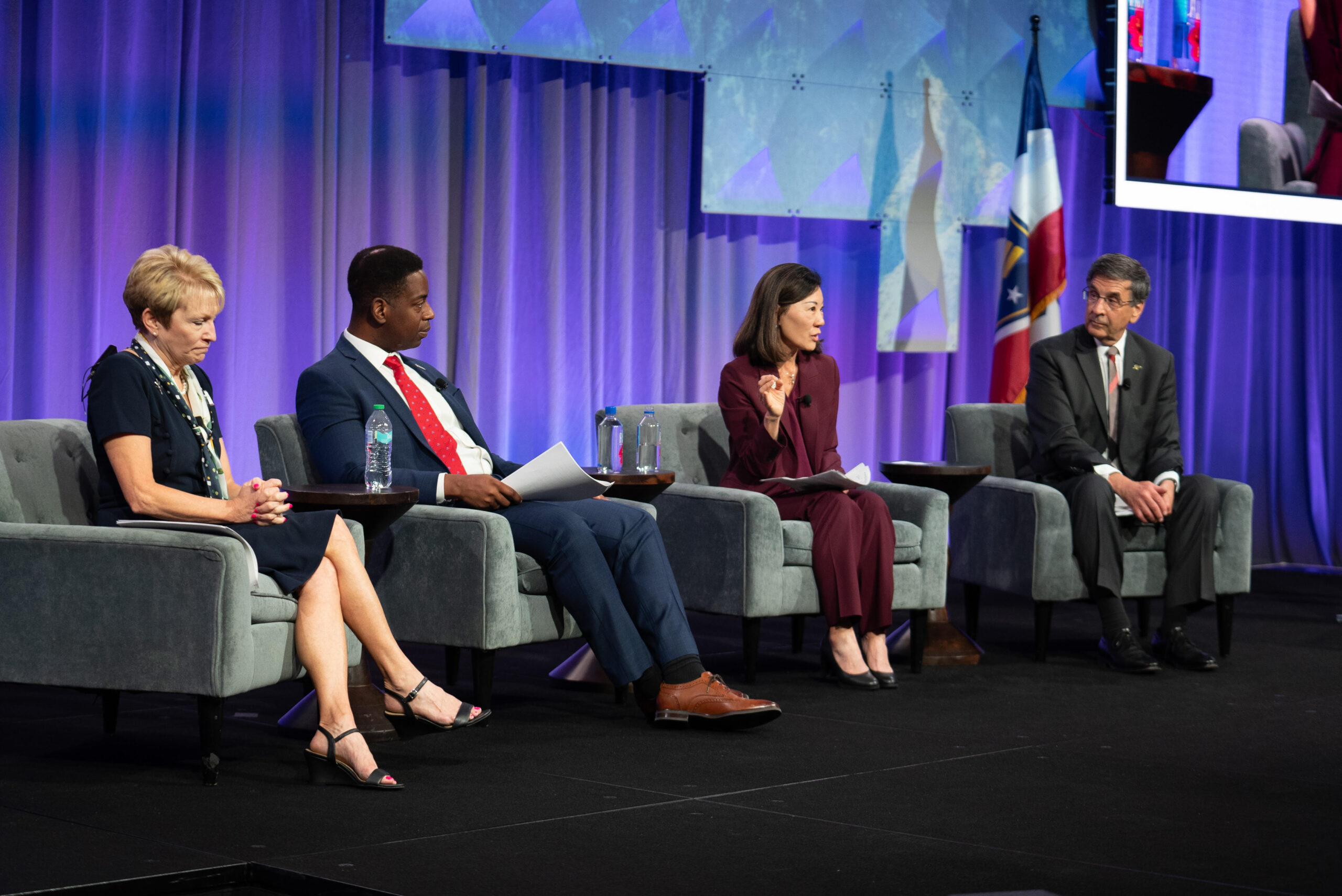2025 Negotiated Rulemaking Initial Comments
Dear Acting Under Secretary Bergeron:
The Presidents Forum is a coalition of sixteen not-for-profit institutions serving approximately one million students nationwide. Our members share an access orientation and a commitment to student success, innovation, and flexible learning opportunities for working adults.
Our institutions serve working learners who juggle education with career and family responsibilities—a population historically overlooked in regulatory discussions. Moving forward, the Department should prioritize including negotiators who deeply understand and actively serve working learners. Representatives from institutions that specialize in serving working learners can provide critical insights into how proposed regulations might impact student access, persistence, and success.
We advocate for focused and limited regulatory development that respects state oversight and fosters accountable innovation. We believe that regulations should emphasize student outcomes over delivery methods, enabling institutions to innovate while maintaining quality and accountability across all learning modalities.
Based on our values, approach, and perspective, we offer the following recommendations for regulatory changes to enhance efficiency, transparency, and student outcomes.
- Income Driven Repayment: We recommend the department address the volatility and lack of continuity surrounding income-driven repayment programs. The ongoing cycle of legal challenges, policy shifts, program rollouts, and rescissions creates significant uncertainty for borrowers trying to manage repayment. This environment makes it nearly impossible for borrowers to make informed, long-term financial decisions. A durable and predictable repayment framework—one that borrowers can rely on—should be the cornerstone of this rulemaking effort. An income driven approach can prevent borrowers from unintentionally enrolling in plans that do not match their financial capacity and would help reduce delinquency and default, particularly for those from low-income or non-traditional backgrounds.
- Identity Verification: Requiring robust identity verification measures in FAFSA applications ensures the integrity of the financial aid system. The Department should implement more secure verification protocols so that institutions can better ensure that aid is distributed to legitimate applicants and reduce improper payments. While institutions support system integrity, the Department should be the one to implement and maintain appropriate verification protocols. This ensures consistent standards across all institutions while keeping the verification process manageable for prospective students.
- Limit Interest Costs for Students: Limiting student loan interest capitalization to reduce the overall burden on borrowers. Interest capitalization significantly increases the total amount students must repay, often leading to extended repayment periods and increased financial strain. We encourage the Department to implement policies that minimize interest capitalization and work collaboratively with Congress to establish lower interest rates for federal student loans.
- Loan Servicer Improvements: To enhance efficiency and improve borrower experience, loan servicing processes should be streamlined. We recommend consolidating and standardizing processes across servicers to reduce complexity. Performance-based contracting should be implemented to create accountability and reward servicers who maintain high-quality service and low default rates. Furthermore, the Department should incentivize servicers to modernize their platforms through automation and digital solutions—this would enable faster processing times, fewer errors, and better borrower communication.
- Public Service Loan Forgiveness: The Presidents Forum strongly supports the Public Service Loan Forgiveness (PSLF) program as a critical tool for encouraging public service careers and reducing student debt burden. Clear PSLF eligibility requirements and application processes are essential for students to make informed decisions about their career paths and successfully navigate loan forgiveness opportunities.
The Presidents Forum is committed to fostering a higher education environment that is effective, affordable, and focused on student success. We believe that process plays a vital role in creating such an environment—any significant changes require comprehensive public input and feedback. We maintain that reforms not addressed in the Department’s original posting warrant their own dedicated rulemaking sessions. We look forward to providing input on additional important measures in future sessions.
Sincerely,
Wesley Smith
Executive Director
Presidents Forum


Recent Comments